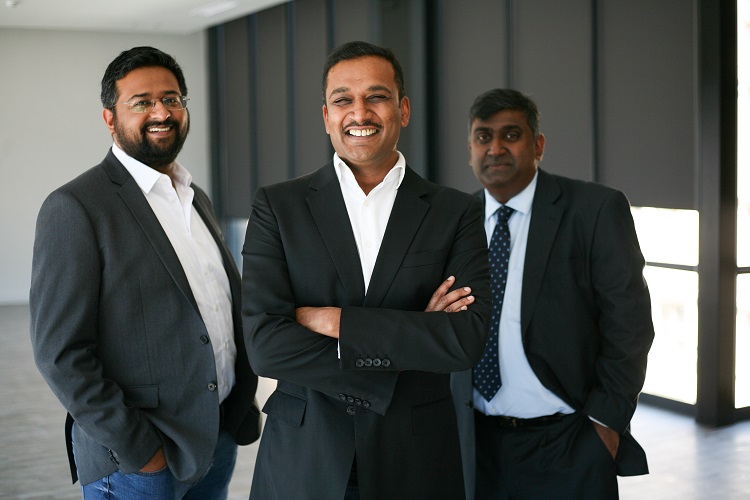South African insurtech startup Fo-sho has identified a need for its product in many other emerging economies, and plans to expand once it has reached a “tipping point” back home.
Disrupt Africa reported in November of last year on the launch of Fo-sho, which has developed an insurtech product aimed at making short-term insurance possible for everyone.
The startup was a participant in the first Startupbootcamp accelerator in Cape Town last year, and recently secured a multimillion rand venture capital investment.
Co-founder Avi Naidoo told Disrupt Africa that ZARR25 billion (US$2.11 billion) is lost every year to the South African insurance industry because people have been disenfranchised by it.
“Old technology, high operating costs and regulation designed to protect customers add layers of costs that are passed on to the customer. Fo-sho is changing this,” he said.
Fo-sho has launched was it claims is a first-of-its-kind insurance product, aimed at making short-term insurance with long-term benefits available across the board. By creating communities of smarter and more trusting insurance users, it aims to provide a fairer way to protect assets.
“Our unique peer-to-peer insurance model combined with social underwriting allows policyholders to reduce their short-term insurance costs over time,” Naidoo said.
“It enables users to congregate into groups to share risk and manage their insurance needs while reducing their premiums. The Fo-sho insurance product relies on policyholders forming groups with similar risk profiles to create risk finance pools, thus reducing the cost of risk financing and mitigating excess payments in the event of a claim.”
He said this represented breakthrough technology in the insurance space, combining proven insurance models with leading edge technology linked to behavioural economics so that socially validated methodologies can be applied to insure clients in the fairest way.
Fo-sho will be available from early April via web and Android mobile application, and across all platforms by the end of April.
Naidoo said the startup’s research has indicated high barriers of distrust of insurers and their “bloated profit margins”, or simply an inability of customers to understand the complex jargon, resulting in an “enormous proportion” of the population that are excluded from the benefits of being insured.
“People currently see insurance as a monthly expense, but the Fo-sho product is making this an asset,” he said.
“There are 35 million adults in South Africa and only 15 per cent of them have insurance – with another 15 per cent that want insurance but can’t afford it. This is the Fo-sho target market.”
The startup is launching its platform with premium commitments in excess of ZAR10 million (US$714,000) through a combined portfolio of SMMEs and emerging middle-class sign-ups. It has also signed what it calls “significant partnerships” with several of the Startupbootcamp programme sponsors.
“These sponsors see significant value in exploiting the Fo-sho product offering within their ecosystems,” Naidoo said.
Though Fo-sho currently only operates in South Africa, Naidoo said expansion was on the agenda in the future.
“The need for this product has been identified in many other emerging economies. The team will work to scale the offering, once the tipping point has been reached in the domestic market,” he said.
Fo-sho generates revenue as a percentage of premium income.
“By reducing the layers of costs within the insurance stack, customers get the best value for their money,” Naidoo said. “While revenue and profits are important, the team and our partners are focused on the customer experience and building a compelling value proposition for the customer at this stage of the journey.”


